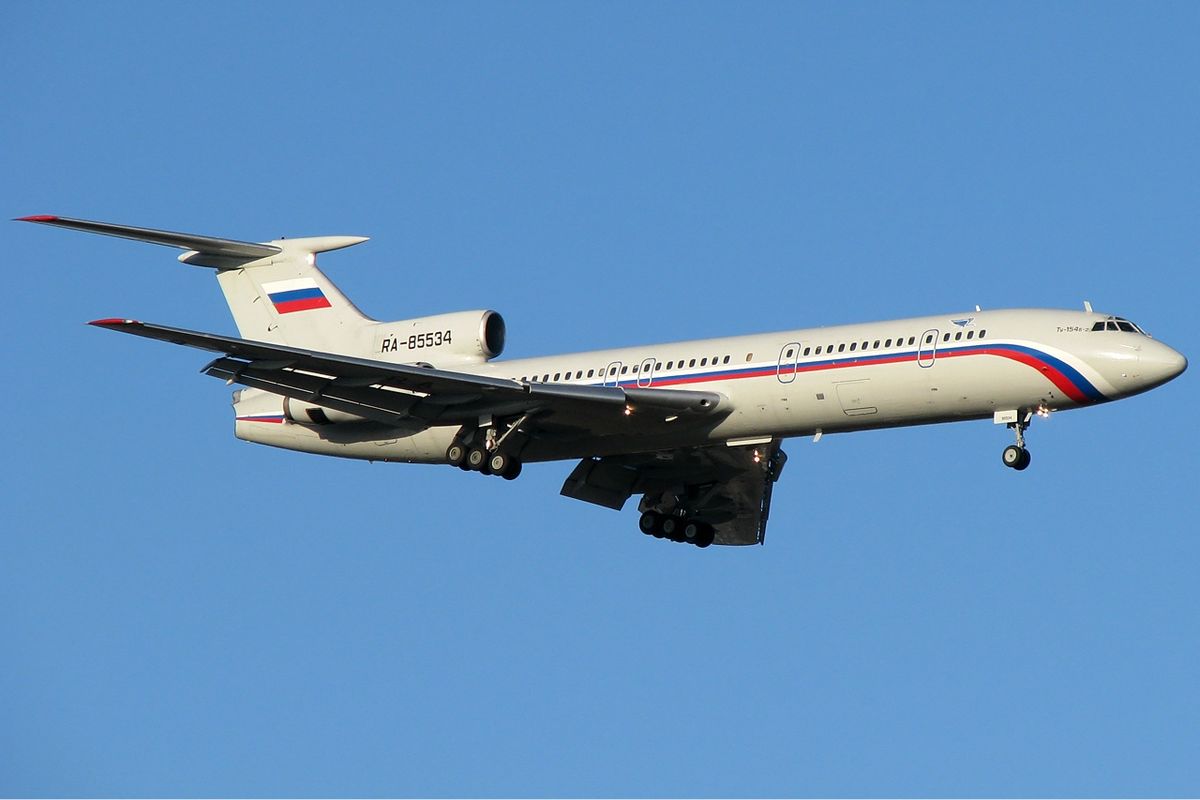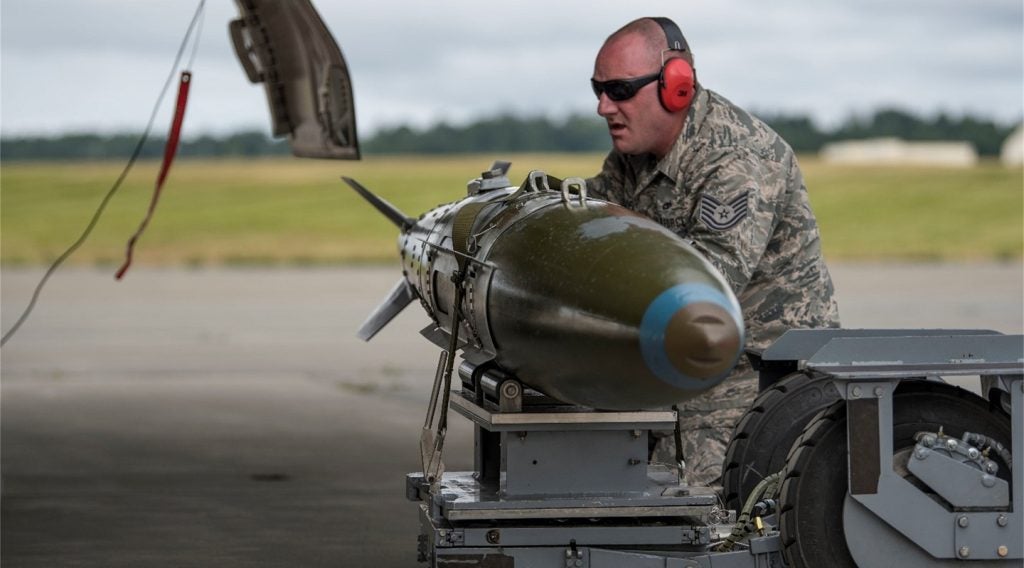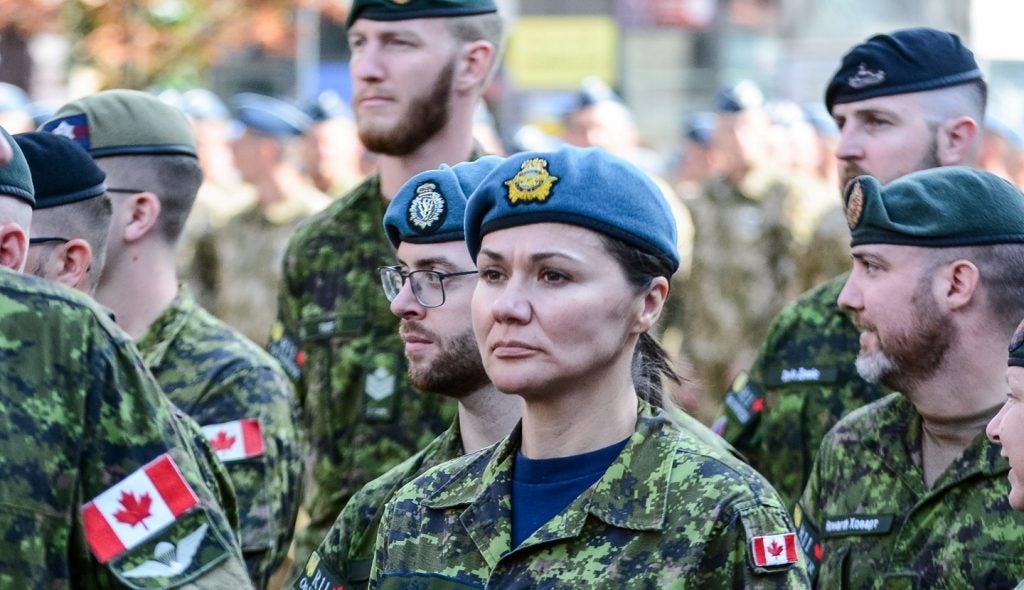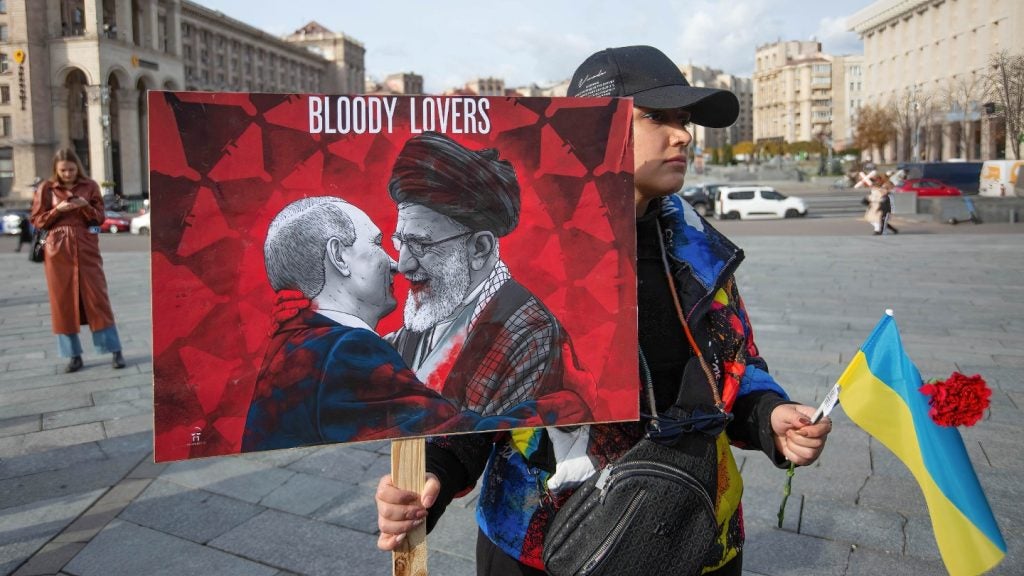
The Russian Federation is conducting an observation flight on a Tupolev TU-154M LK-1 observation plane over the territory of Germany.
As part of the implementation of the International Treaty on Open Skies, the observation flight is scheduled from 10 to 14 August, the Russian National Nuclear Risk Reduction Center chief Sergey Ryzhkov reported.
The plane will fly over Germany from the Open Sky Cologne Bonn Airport with a maximum flight range of 1300km.
The surveillance aircraft will fly along the route agreed with the observed party.
According to the agreement, German specialists on board the aircraft will monitor the use of surveillance equipment.
The framework of the treaty includes conducting observation flights to promote openness and transparency in the military activities of the participating states.
How well do you really know your competitors?
Access the most comprehensive Company Profiles on the market, powered by GlobalData. Save hours of research. Gain competitive edge.

Thank you!
Your download email will arrive shortly
Not ready to buy yet? Download a free sample
We are confident about the unique quality of our Company Profiles. However, we want you to make the most beneficial decision for your business, so we offer a free sample that you can download by submitting the below form
By GlobalDataThe operation also aims to enhance security by strengthening confidence-building measures.
In February, Russia conducted an observation flight over Turkey on a Tu-154M LK-1.
According to the treaty rules, aircraft may be equipped with four types of sensors that include optical panoramic and framing cameras, video cameras with real-time display, infra-red line-scanning devices and sideways-looking synthetic aperture radar.
The Treaty on Open Skies, which came into force in January 2002, establishes a programme of unarmed aerial surveillance flights over the entire territory of its 35 participants.
Some of the participating countries include Belarus, Belgium, Bosnia and Herzegovina, Bulgaria, Canada, Croatia, the Czech Republic, Denmark, Estonia, Finland, France and Georgia, along with Germany, Italy, Netherlands, Russia, Spain, the UK and the US.
Kyrgyzstan has signed but not ratified the treaty.







